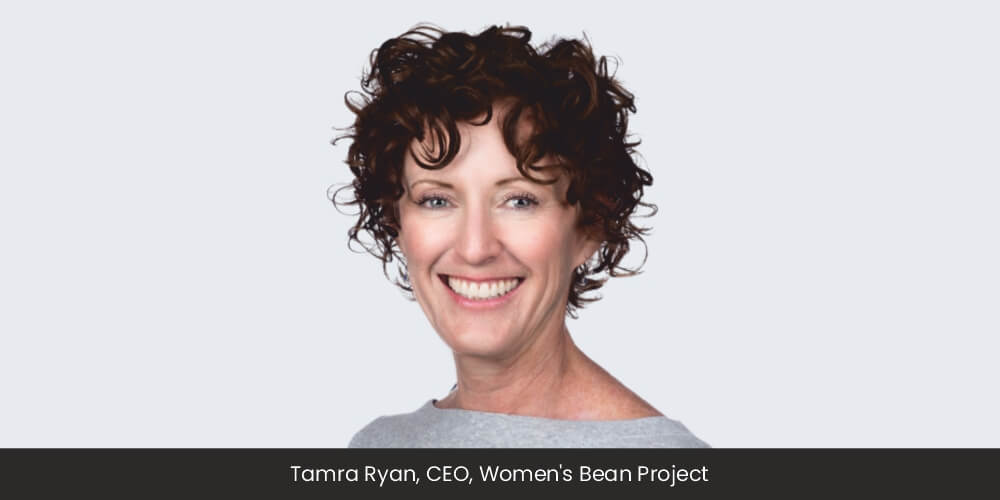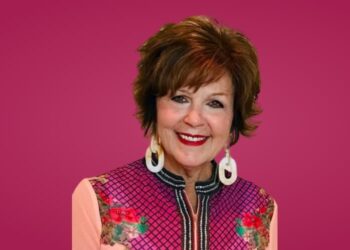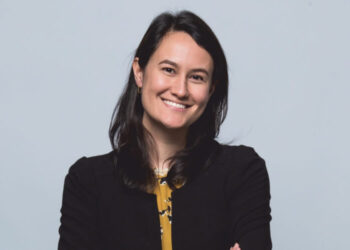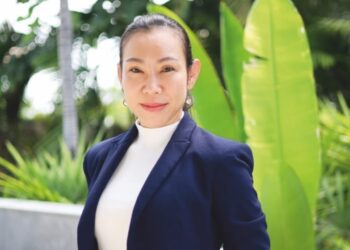Tamra Ryan serves as the CEO of Women’s Bean Project, an employment social enterprise situated in Denver, Colorado. The organization produces a range of food products distributed nationwide and provides employment opportunities to women facing chronic unemployment. Through this initiative, they assist women in discovering their talents and acquiring the necessary skills to secure and maintain entry-level careers, even during their most challenging times. Witnessing these women flourish brings her immense joy and fulfillment.
Tamra’s dedication to empowering women led her to venture into other pursuits as well. She pursued her passion for writing and speaking, resulting in the creation of her book, “The Third Law.” The book delves into the struggles the women they serve endure while working hard to transform their lives, facing obstacles ranging from societal barriers to their own internal struggles.
Her experiences witnessing the impact of societal barriers on these women’s lives inspired her to become the Coors Economic Mobility Fellow at the Common Sense Institute, a policy think tank in Colorado. In this influential role, she advocates for addressing systemic issues that hinder upward mobility and seeks opportunities to promote positive change.
Throughout her journey, Tamra has been captivated by the essence of leadership and what motivates people to follow a leader. This fascination prompted her to work on her second book, titled “Followship: How to be a Leader Worth Following,” scheduled for completion later this year. Through her varied endeavors, Tamra Ryan continues to make a profound difference in the lives of women in need and strives to inspire others to become compassionate and effective leaders.
Below are highlights of the interview:
Tell us about Women’s Bean Project and its mission. What inspired you to start this company?
Women’s Bean Project believes all women have the power to transform their lives through employment. We hire women experiencing chronic unemployment to work in our food manufacturing business and work together while they learn the skills needed to get and keep a job. Our founder created the Bean Project in 1989 in response to needs she saw in homeless women the Denver community. She observed that while the shelter where she volunteered kept the women safe, it did not do anything to change the cycle the women were caught in of chronic unemployment and poverty.
What strategies do you employ to ensure that Women’s Bean Project remains competitive in the market?
Whether it is delivering services to women needing support or making a line of dry food mixes and snacks, we stay competitive, starting with the end in mind. In every instance, we envision what we are hoping to accomplish and then develop processes and procedures to get us there.
How do you foster a culture of innovation and adaptability within your organization, considering the rapidly changing landscape of the business industry?
I hope to have fostered a culture of continuous improvement and a mentality that no matter the challenge, we have the capabilities to solve the problem or the connections to determine who has. We are cognizant of the fact that the world around us is constantly changing, and what might have been effective in the past may no longer be. When we make changes, we are careful not to change too many things at once; otherwise, we won’t know what worked or did not. Though having this discipline requires more patience, it pays off in the long run.
How do you prioritize customer satisfaction and ensure that the company provides exceptional service to its clients?
A culture of customer satisfaction starts with asking customers for their input and opinions. We request feedback from all of our customers, internal and external, on a regular basis. Their input helps us determine our plans and actions. I also emphasize that our customer service mindset must not be focused on what is easy for us, but on what makes us easy to work with.
What steps do you take to attract and retain top talent in the industry, and how do you encourage professional growth and development within your organization?
We hire people who have a heart for the work of the Women’s Bean Project. When people believe in the mission of the organization, they will come to work each day motivated to fulfill that mission. I talk a lot about providing services that are so effective and far-reaching that each woman we serve is the last in her family to need us. Perhaps counterintuitive, but if a group of people come to work each day trying to become unnecessary because the social problem we have set out to address becomes obsolete, the motivation to do the work is lasting.
As the CEO of Women’s Bean Project, what is your overall vision for the company’s future, and how do you plan to achieve it?
We envision a day when barriers to employment are eliminated, when employers hire based on talent and potential rather than background, and when all women who want a second chance can come to the Bean Project and find the community, support, and confidence needed to improve the future for themselves, their families, and the community.
What advice would you give to aspiring leaders or individuals looking to join the industry?
Work to understand what it means to lead and what it means to be worthy of being followed.
Website: https://www.womensbeanproject.com/





